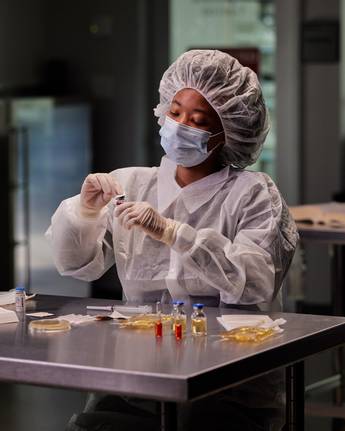
A Next Generation Education
Our public university is more than 200 years old, but it’s a place where new ideas, solutions and breakthroughs are born daily. See why South Carolina’s unrivaled experience is the top choice for today’s students.
South Carolina At a Glance
Foundations of Learning
How do you get to be one of the nation’s top public research universities? Let’s start with the 15 colleges and schools where our students pursue their academic and professional ambitions.
Colleges and Schools



